Farmer leaders in India have condemned deadly violence in the capital Delhi during a massive protest against agricultural reforms on Tuesday.
Blaming the chaos on rogue elements among an otherwise peaceful march, they added that they would not call off their protests.
Thousands of farmers clashed with police as protesters on the outskirts of the city forced their way in.
One protester died and more than 80 police officers were injured.
The government deployed paramilitary reinforcements after the protests, which also saw some farmers storming the city’s historic Red Fort and occupying the ramparts until police drove them out.
The violence marred Republic Day celebrations – a national holiday that marks the anniversary of India officially adopting its constitution on 26 January 1950.x
Samyukta Kisan Morcha, an umbrella group of protesting farmers, said in a statement that they “condemn and regret the undesirable and unacceptable events and dissociate ourselves from those indulging in such acts”.
The unions behind the demonstrations said they were determined to continue with their protests, however.
The government says the agricultural reforms will liberalise the sector, but farmers say they will be poorer as a result.
Tens of thousands of them have been striking on the outskirts of Delhi since November, demanding that the laws be repealed. Last week they rejected a government offer to put the laws on hold.
How did the violence unfold?
The government had opposed the planned rally by farmers but police allowed it on the condition that it would not interrupt the Republic Day parade in central Delhi.
Farmers were given specific routes for the tractor rally, which would largely be confined to the outskirts.
But shortly after the parade came to a close, convoys of tractors broke through police barricades and converged on the city centre. One group of protesters burst through security at the historic Red Fort where they clambered on to the walls and domes of the fortress, even hoisting flags alongside the national flag.
By Tuesday afternoon, police said they had removed protesters from the complex.
Some of the most violent clashes took place near the ITO metro station junction – on the route to central Delhi. Footage showed farmers attacking police with sticks and metal bars while officers used tear gas and batons.
Police said one protester died at the junction when his tractor overturned after hitting a barricade.
The violence ebbed and flowed throughout the day. Home Affairs Minister Amit Shah ordered 15 companies of paramilitaries to boost security in the capital, officials said. Another five companies are on standby, an unnamed official told ANI news agency.
Police said in a statement that they had acted after farmers broke conditions for the rally and took “the path of violence and destruction”.
But one farmers’ union leader accused the police of provoking the violence.
“When you attack a peaceful protest, then difficulties for the government will surely increase,” Kawalpreet Singh Pannu told AFP news agency.
“This won’t stop here. Our movement and message have only become stronger.”

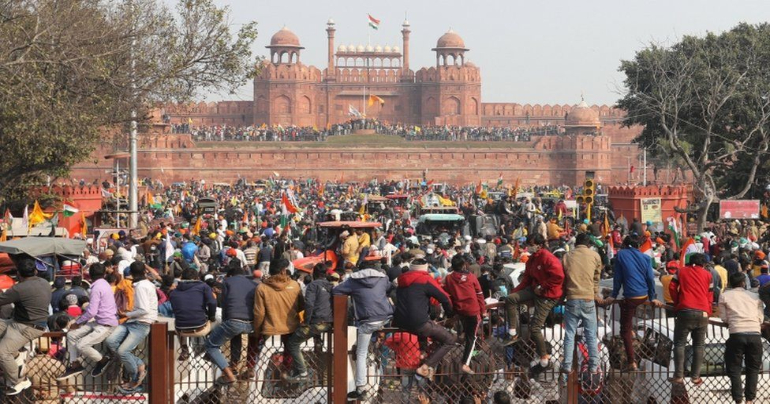

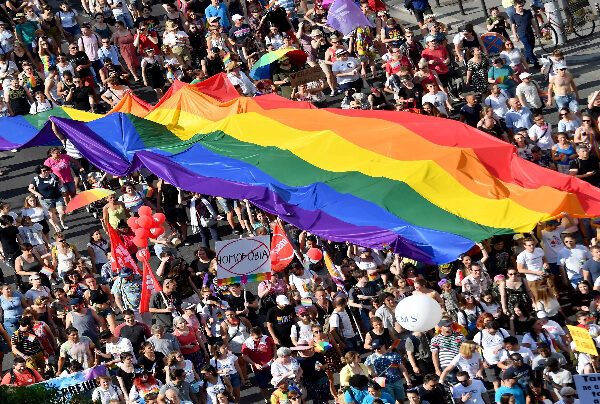
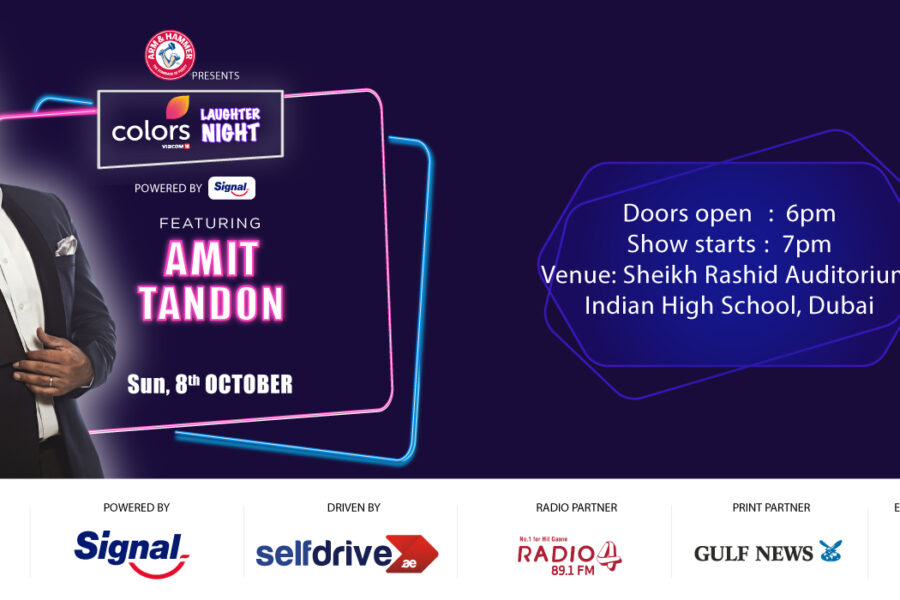

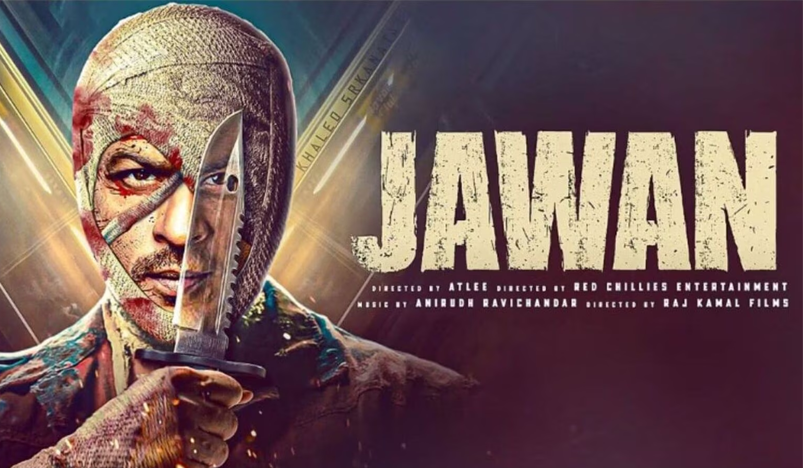
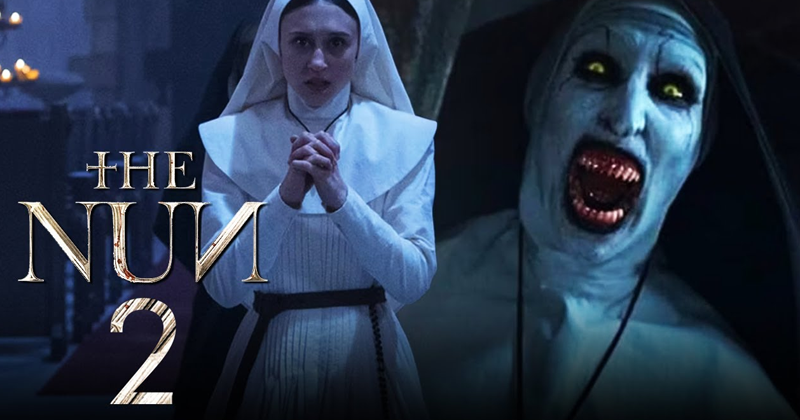



Leave a Comment